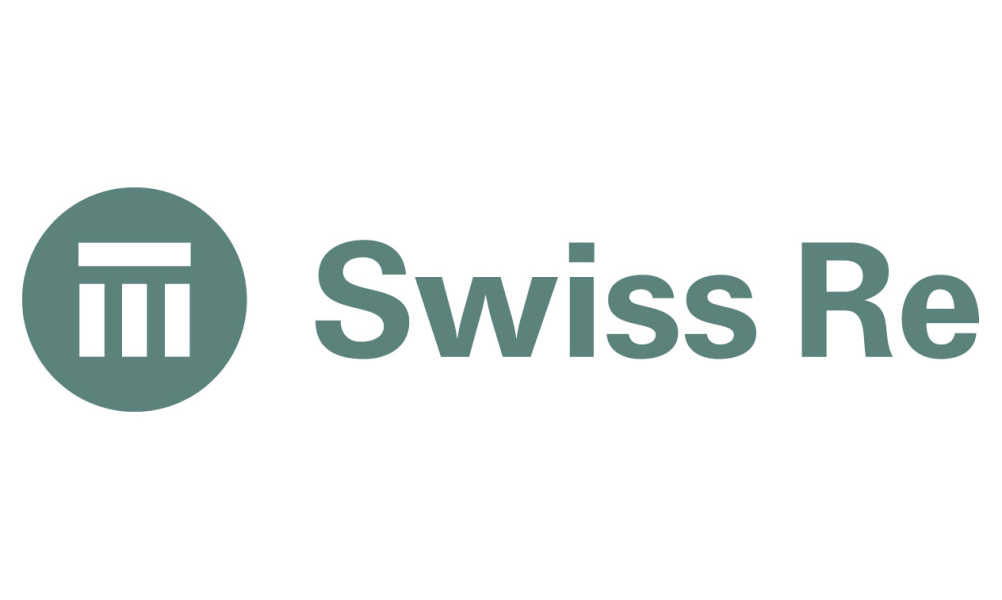Demand for re/insurance is up as the world experiences increasing uncertainty, and this volatile environment and elevated risk landscape creates both challenges and opportunities for insurers and reinsurers in Europe, said Swiss Re’s Leopoldo Camara ahead of this year’s Baden-Baden.

In his remarks, Swiss Re’s Head Property & Casualty Reinsurance Northern, Central & Eastern Europe, highlighted technology, natural catastrophes, societal and political risks, as well as the economic environment, as the main topics re/insurers are currently facing and that will remain a challenge in the future.
Camara said: “The macro environment can be easily summarised as one which remains in a period of high uncertainty. This has been going on for a number of years now. We find ourselves in a situation where through various different lenses you can see that we are going through a period of high uncertainty.
“And in a period like this, our clients, ceding companies in Europe, the Middle East, and Africa (EMEA), look for partners who can help them in a dependable and reliable and consistent way to assess risks, to manage volatility, to quantify volatility, and to cover against shocks that may occur.”
“This is our call for action. We see a growing demand for reinsurance and for our services, and this is what we stand to deliver,” asserted Camara.
He also highlighted the rise in political risks, as well as the challenges that technology brings, such as cyber attacks, noting that the economic environment remains fragile.
He commented: “Geopolitical risks are high. We are confronted with two severe conflicts, in Ukraine, and the Middle East. We are also seeing in the geopolitical context that the realignment of global trade continues to happen and remains uncertain. We all look to the US and the outcome of the election next month.
“Regarding technology, we have seen phenomenal developments on the technological front in the past few years, and this entails tremendous opportunity. But it also creates massive challenges that come in the form of cyber attacks which are ever increasing based on statistics that are very visible to all of us. We’ve also seen the CrowdStrike event recently and the systemic potential for a technological disruption in a very broad setting.
“The economic environment remains fragile, in our view, and we believe that consumer confidence remains relatively low in Europe. And, as I said earlier, the geopolitical risks also play out in the context of economic prospects.”
Camara also noted that political fragmentation is on the rise, not only in Europe but globally, with civil unrest taking place at all levels in different parts of the world, and with an intensity that has not been seen in recent years.
The executive drew attention to the case of New Caledonia as it has generated a significant challenge to insurance companies and reinsurers, and took the industry by surprise.
Natural catastrophes are also increasing which has resulted in rising nat cat losses that will remain on the rise, according to Camara. He stated: “Suffice to say that we’ve seen a tremendous amount of losses in 2023 and also in 2024, in Europe and globally.
“We said in different publications and conferences that the new normal seems to be in the range of excess of $100 billion for economic insured losses. It would not be a surprise if 2024 ended up above $100 billion as well.
“In this circumstance of heightened risk insurance and reinsurance companies are doing a lot already. Last year insured losses in Europe were massive, $27 billion for natural catastrophes and man-made losses.”
“I want to contrast the $27 billion that we’ve paid out in Europe against the economic loss, which is in excess of $100 billion. The protection gap, concretely, the number of losses that we don’t pay is very, very high and we want to bring that number down, this is one of our key objectives, for Swiss Re, but I think also for our industry in sum total,” said Camara.
He also pointed out the rising losses resulting from floods and severe convective storms. These have increased in part due to growing exposure and there’s a sense that frequency may be going up.
“These types of losses, not to only cover them but to prevent them, require the collaboration of all elements in the value chain of insurance,” Camara stated.
He continued: “They cannot be targeted by one specific element in the chain. Insurance companies and reinsurance companies and also the public sector and broader societies have to work together to make sure that we can cover these losses that are frequent. And because they are frequent, they are not easy to address by the constant basic concept of insurance, which requires diversification.”
Camara concluded: “In our view, uncertainty remains very high on many different fronts. The current situation heightens the need for dependable and solid and sustainable and consistent partnerships that can help manage risk.
“Managing risk means to absorb shocks but also provide expertise and solutions that help manage risk in an integral fashion. We’re ready to deploy capital, expertise and solutions to help our clients deal with the increasing uncertainty. Demand for reinsurance is up and we’re here to address that.”
The post Rising uncertainty drives demand for re/insurance in Europe: Swiss Re appeared first on ReinsuranceNe.ws.